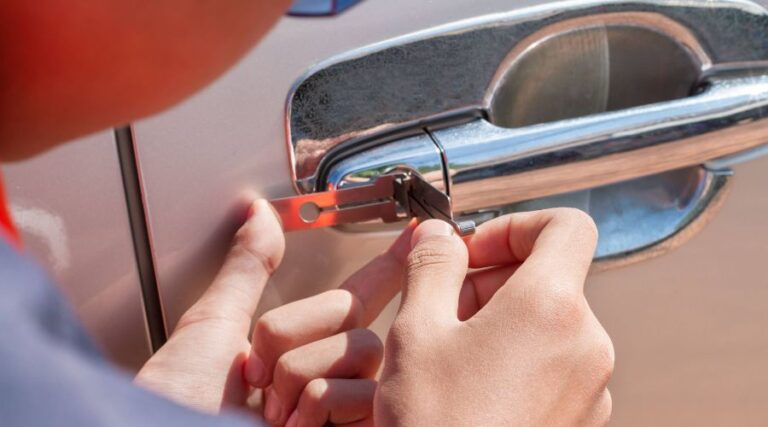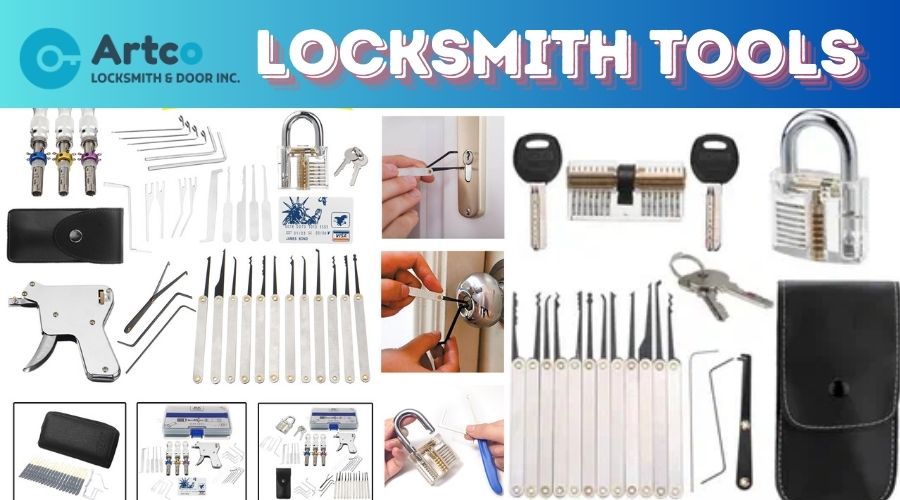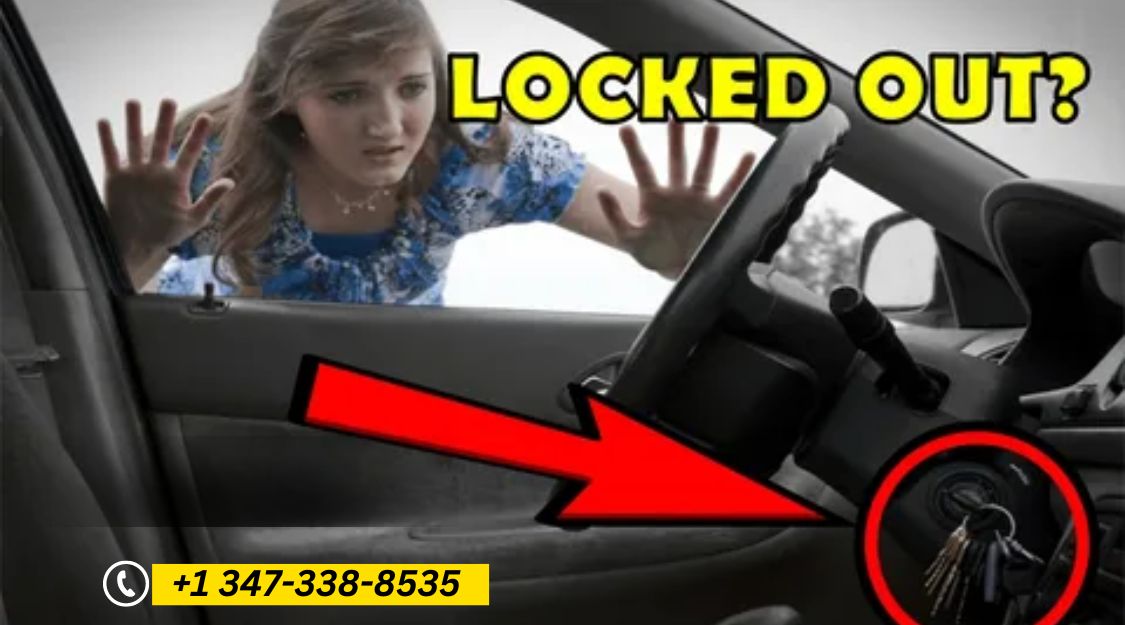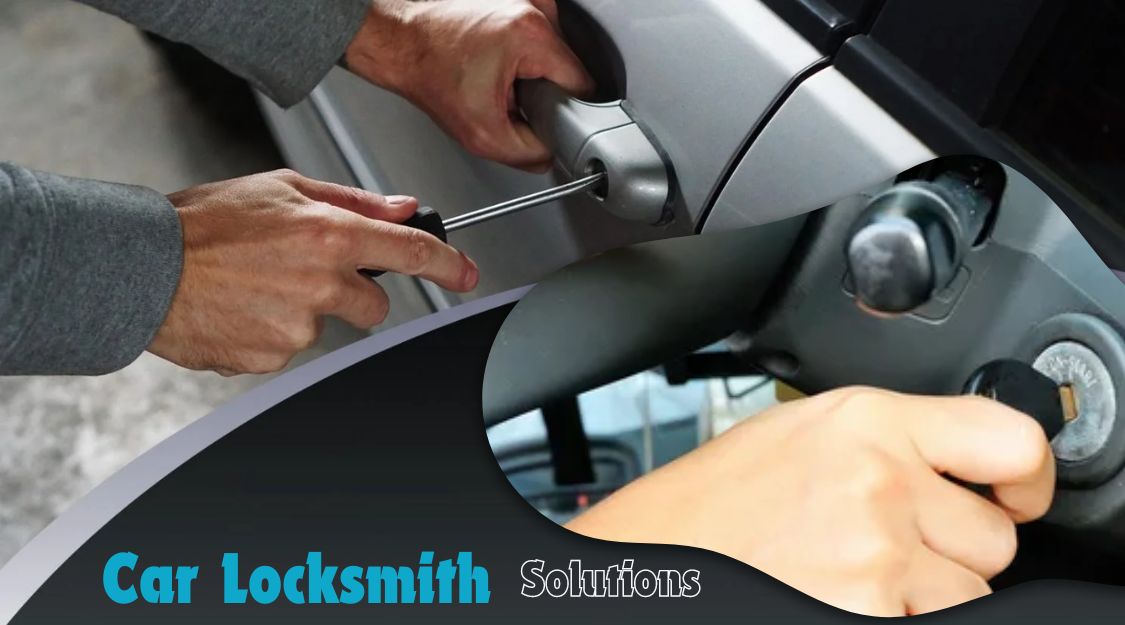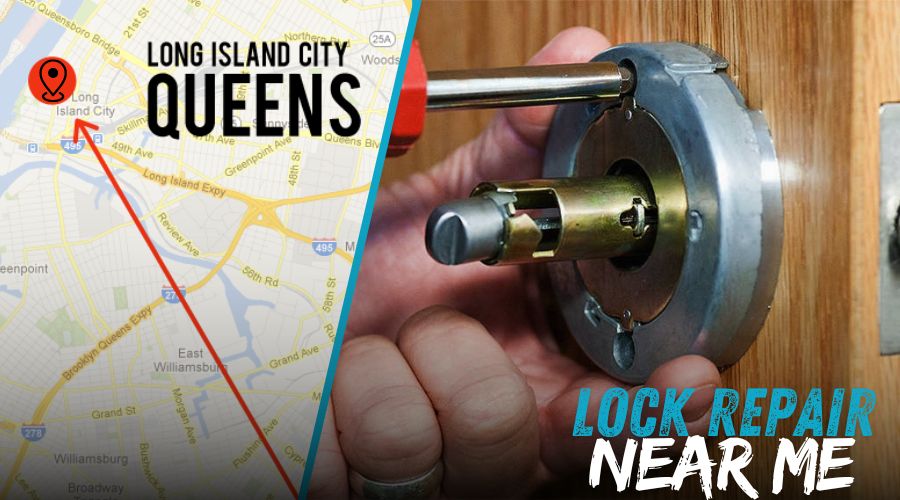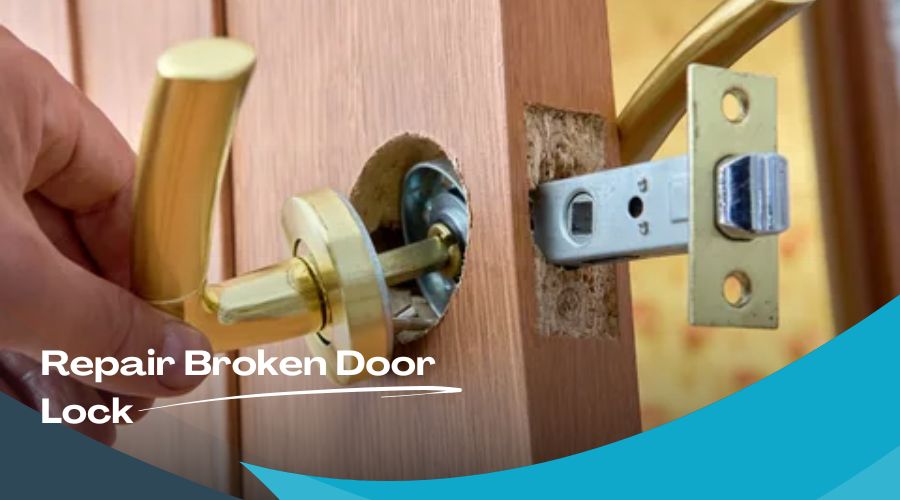Car door locks are a crucial part of your vehicle’s security system. When they malfunction, it can be frustrating and inconvenient. Whether your key won’t turn, your power lock has failed, or your key is stuck, understanding how to repair a car door lock can save you time and money. Let’s dive into the common issues and step-by-step solutions to fix them.
Types of Car Door Locks
There are two main types of car door locks:
- Manual Locks: These are the traditional locks that require you to insert a key to unlock the door.
- Power Locks: These are operated by a button or remote control, making them more convenient but also more complex.
How Car Door Locks Work
Car door locks are either mechanical or electronic. Manual locks use a key and lock cylinder, while power locks use an actuator that responds to electronic signals from the key fob or the lock switch.
Common Problems with Car Door Locks
Key Won’t Turn: This is a common issue that can be caused by a worn-out key, a damaged lock cylinder, or debris inside the lock.
Key Stuck in the Lock: A key stuck in the lock can result from wear and tear, debris, or a misaligned lock mechanism.
Power Lock Failure: Power locks can fail due to a malfunctioning actuator, electrical issues, or a problem with the key fob.
Broken Door Lock Actuator: The door lock actuator is responsible for controlling the locking mechanism. When it fails, the lock won’t respond to electronic signals.
Diagnosing Car Door Lock Issues
Visual Inspection: Start by visually inspecting the lock and surrounding area for any obvious signs of damage or obstruction.
Listening for Unusual Sounds: When you attempt to lock or unlock the door, listen for any unusual sounds like grinding or clicking, which can indicate a problem.
Checking the Key Fob: If your car has power locks, make sure the key fob is working properly. Replace the battery if necessary and try again.
Tools Needed for Repair
To repair a car door lock, you’ll need the following tools:
- Screwdrivers
- Pliers
- WD-40 or another lubricant
- Replacement parts (if needed)
Step-by-Step Guide to Repair a Car Door Lock
Preparing for the Repair
- Gathering Tools: Make sure you have all the necessary tools and replacement parts before starting the repair.
- Ensuring Safety: Disconnect the car battery to prevent any electrical accidents if you are working on power locks.
Removing the Door Panel
- Locating Screws and Clips: Find all the screws and clips holding the door panel in place.
- Carefully Removing the Panel: Use a screwdriver to remove the screws and gently pry off the door panel.
Inspecting the Lock Mechanism
- Identifying the Problem: Once the door panel is removed, inspect the lock mechanism to identify the problem.
- Cleaning the Lock Mechanism: Use a lubricant like WD-40 to clean the lock mechanism and remove any debris.
Repairing or Replacing Parts
- Fixing a Stuck Key: If the key is stuck, try gently wiggling it while applying lubricant. If it doesn’t come out, you may need to replace the lock cylinder.
- Replacing the Door Lock Actuator: If the actuator is broken, remove it and install a new one. Follow the manufacturer’s instructions for proper installation.
- Repairing Electrical Connections: Check all electrical connections for corrosion or damage and repair as needed.
Reassembling the Door Panel
- Reattaching the Panel: Once the repair is complete, reattach the door panel by securing all screws and clips.
- Testing the Lock: Test the lock to ensure it is working properly before fully reassembling everything.
Preventative Maintenance Tips
Maintaining your car door locks is essential to ensure they function smoothly and last longer. At Artco Locksmith, we believe in the importance of preventative maintenance to avoid inconvenient and costly repairs. Here are some practical tips to keep your car door locks in excellent condition.
Regular Lubrication
One of the simplest and most effective ways to maintain your car door locks is regular lubrication. Over time, locks can become stiff and difficult to operate due to dirt, debris, and rust buildup. Using a lubricant specifically designed for locks, such as WD-40, can help keep the internal components moving smoothly. Apply the lubricant to the keyhole and the lock mechanism every few months to prevent sticking and jamming.
Keeping the Key and Lock Clean
Dirt and debris can accumulate in both the lock and on your key, leading to operational issues. To keep your locks clean, use a can of compressed air to blow out any debris from the keyhole. Similarly, wipe down your key regularly to remove any dirt or grime. This simple step can prevent the key from getting stuck or causing damage to the lock mechanism.
Checking Electronic Components
For cars equipped with power locks, it’s crucial to check the electronic components regularly. Ensure that the key fob is functioning correctly by replacing its battery as needed. Additionally, inspect the wiring and connections inside the door for any signs of wear or corrosion. If you notice any issues, addressing them promptly can prevent more severe problems down the road.
Avoid Forcing the Lock
If you encounter resistance when turning the key or operating the lock, avoid forcing it. Applying excessive force can damage the lock cylinder or the key itself. Instead, try gently wiggling the key or using a lubricant to ease the mechanism. If the problem persists, it may be time to consult a professional locksmith.
Routine Inspections
Perform routine inspections of your car door locks to catch any potential issues early. Look for signs of wear, rust, or damage to the lock mechanism. Pay attention to any unusual sounds when operating the lock, such as grinding or clicking, which can indicate a problem. Regular inspections can help you identify and address minor issues before they escalate.
Protecting Your Car from Extreme Weather
Extreme weather conditions can affect the performance of your car door locks. In cold weather, moisture can freeze inside the lock, making it difficult to operate. Using a lock de-icer or applying a small amount of lubricant before the onset of cold weather can prevent freezing. Similarly, in hot and humid conditions, regular lubrication and cleaning can prevent rust and corrosion.
Use Spare Keys
Using a single key repeatedly can cause it to wear out faster. Rotate between using your primary key and a spare key to distribute the wear and tear evenly. This practice can extend the life of both your keys and your locks.
Consulting a Professional
If you’re unsure about the condition of your car door locks or encounter a problem you cannot fix yourself, it’s best to consult a professional locksmith. Artco Locksmith offers expert services to diagnose and repair any lock issues, ensuring your car remains secure and functional.
By following these preventative maintenance tips from Artco Locksmith, you can keep your car door locks in optimal condition, reducing the likelihood of unexpected failures and extending their lifespan. Regular care and attention can save you from the hassle and expense of major repairs, keeping your vehicle secure and reliable.
Benefits of Hiring a Professional Car Door Lock Repair
When your car door lock malfunctions, it’s tempting to attempt a DIY fix. However, hiring a professional locksmith offers numerous advantages. Here are the key benefits of entrusting your car door lock repair to a professional:
- Expertise and Experience: Professional locksmiths have extensive training and experience in handling various lock issues. They can quickly diagnose and fix the problem with precision, ensuring the lock functions perfectly.
- Proper Tools and Equipment: Professionals use specialized tools and equipment designed for car door lock repairs. This ensures the job is done efficiently and reduces the risk of further damage to your vehicle.
- Time-saving: A professional can complete the repair much faster than a DIY attempt. This saves you time and gets you back on the road quickly.
- Cost-Effective: While hiring a professional may seem more expensive upfront, it can save you money in the long run. Proper repairs prevent additional issues and potentially costly replacements.
- Security Assurance: Professional locksmiths ensure that your car door locks are repaired to the highest standards, enhancing your vehicle’s security and giving you peace of mind.
By hiring a professional car door lock repair service, you benefit from their expertise, efficiency, and commitment to quality, ensuring your locks are reliable and secure.
Repairing a car door lock may seem daunting, but with the right tools and guidance, it can be a manageable task. Regular maintenance and prompt repairs can help keep your car door locks in good working condition, ensuring your vehicle remains secure. Phone: +1 347-338-8535
FAQs
| Question | Answer |
|---|---|
| How much does it cost to repair a car door lock? | The cost can vary depending on the severity of the issue and whether you need to replace parts. On average, it can range from $50 to $200. |
| Can I use any lubricant on my car door lock? | It’s best to use a lubricant specifically designed for locks, like WD-40. Avoid using grease or oil-based lubricants as they can attract dirt. |
| What should I do if my key is stuck in the lock? | Try gently wiggling the key while applying lubricant. If it doesn’t come out, you may need to seek professional help to avoid further damage. |
| How often should I maintain my car door locks? | Regular maintenance every six months is recommended to keep your locks in good working condition. |
| Are power locks harder to repair than manual locks? | Power locks can be more complex to repair due to their electronic components, but with proper guidance, they can be fixed at home. |

